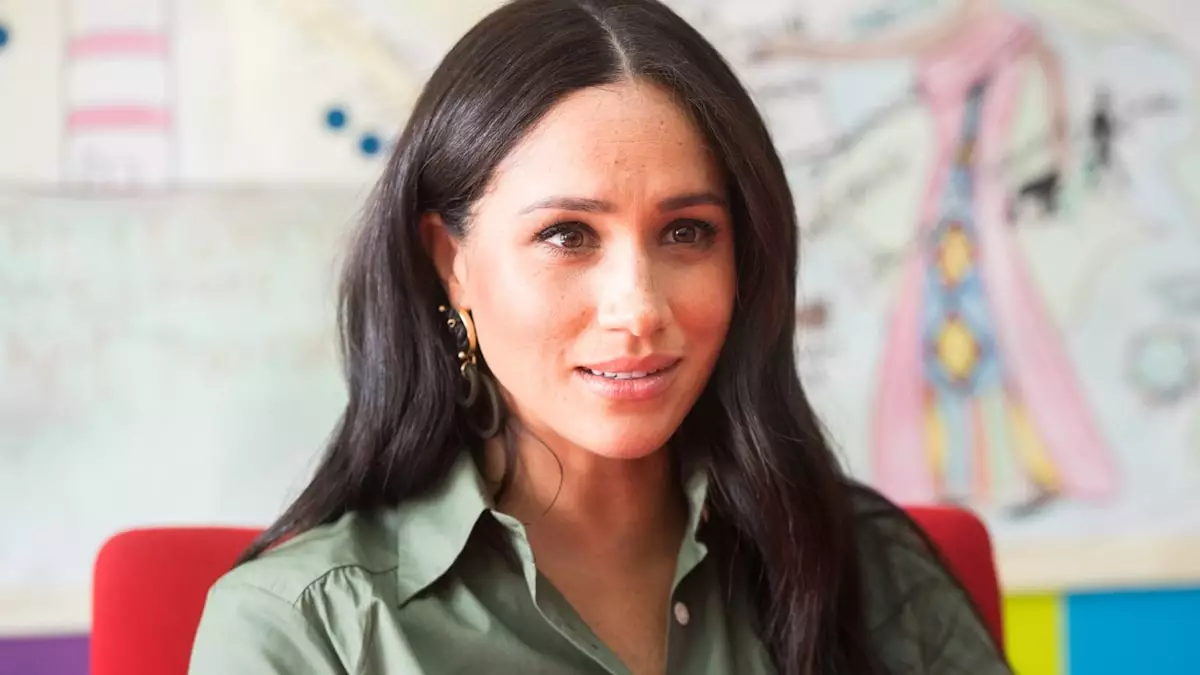Baby Loss Awareness Week, held from October 9 to 15, serves as a vital reminder of the heart-wrenching experiences that many families face, yet often remain unspoken. This annual event highlights the pain of miscarriage, stillbirth, and neonatal death, providing an opportunity for solidarity and reflection. The royal family’s candid discussions about their own experiences with baby loss further amplify the mission of this week, showing that even those in the public eye grapple with profound grief. By sharing their stories, they break down barriers, encouraging others to confront their pain and seek support.
One of the most poignant recent accounts comes from Meghan Markle, the Duchess of Sussex, who shared her experience in a deeply affecting open letter published in The New York Times. In her heartfelt narrative, she discussed the anguish of losing her second child in July 2020. Markle vividly described the physical and emotional turmoil she endured during that traumatic moment, when she realized she was having a miscarriage while holding her firstborn, Archie. This juxtaposition—the joy of motherhood mixed with the agony of loss—illustrated the complexity of grief experienced by parents in similar circumstances.
Meghan’s narrative conveyed the indiscriminate nature of this grief, stating, “Losing a child means carrying an almost unbearable grief, experienced by many but talked about by few.” This articulation of sorrow resonates widely, as it highlights a common yet seldom-addressed aspect of parenthood. By sharing her experience, Meghan not only normalizes the conversation around miscarriage but also provides a platform for others to voice their own experiences and seek the support they might need.
Zara Tindall, the eldest granddaughter of Queen Elizabeth II, was among the first royals to openly discuss the impact of miscarriage. In November 2016, shortly after announcing her pregnancy, she faced the devastating news of her loss. In interviews following the tragedy, Zara described the enormity of having to publicly share this personal grief, stating how it felt overwhelmingly raw. Her account shines a light on the reality that many families confront, where the public nature of their lives can exacerbate personal pain.
Zara emphasized the significance of familial support during such trying times, noting how crucial her loved ones were to her healing process. She reflected on how “time’s a great healer,” a sentiment that resonates deeply with many who have faced similar losses. Her subsequent journey, which eventually led to the birth of her two daughters, Lena and Mia, underscores a narrative of resilience and recovery after profound heartbreak.
The experiences of Prince Edward and Sophie, Duchess of Edinburgh, further illustrate the diversity of challenges surrounding baby loss. In 2001, they faced a traumatic ectopic pregnancy, which required life-saving surgery for Sophie. Prince Edward spoke publicly about the gravitas of the situation, shedding light on the emotional pain and distress that can accompany such medical emergencies. His expression of gratitude towards the medical team played a crucial role in highlighting the supportive framework that can aid in navigating such crises.
Their story emphasizes that baby loss is not limited to miscarriage alone; it can also encompass a spectrum of experiences. The Wessexes have since welcomed two children, Lady Louise Windsor and James, Viscount Severn, reflecting the complexity of joy intertwined with sorrow, which many families encounter in their journeys of parenthood.
The impact of the royal family sharing their experiences cannot be overstated. By speaking candidly about their losses, they contribute to a necessary dialogue around a subject that is often shrouded in silence. Figures such as Meghan Markle and Zara Tindall, alongside public figures like Amanda Holden and Chrissy Teigen, contribute to a growing movement that destigmatizes discussions about baby loss, creating a more compassionate environment for those affected.
As Baby Loss Awareness Week approaches, it is crucial to remember that grief does not follow a linear path and that every story shared is an invitation for solidarity, support, and healing. By championing openness, the royals encourage countless individuals to confront their pain and find solace in shared experiences. For those dealing with the trauma of miscarriage or baby loss, resources such as tommys.org/baby-loss-support provide valuable support, emphasizing the importance of reaching out when faced with profoundly challenging emotions.
Through awareness and solidarity, we can gradually foster an environment where no one feels alone in their journey of grief.


Leave a Reply